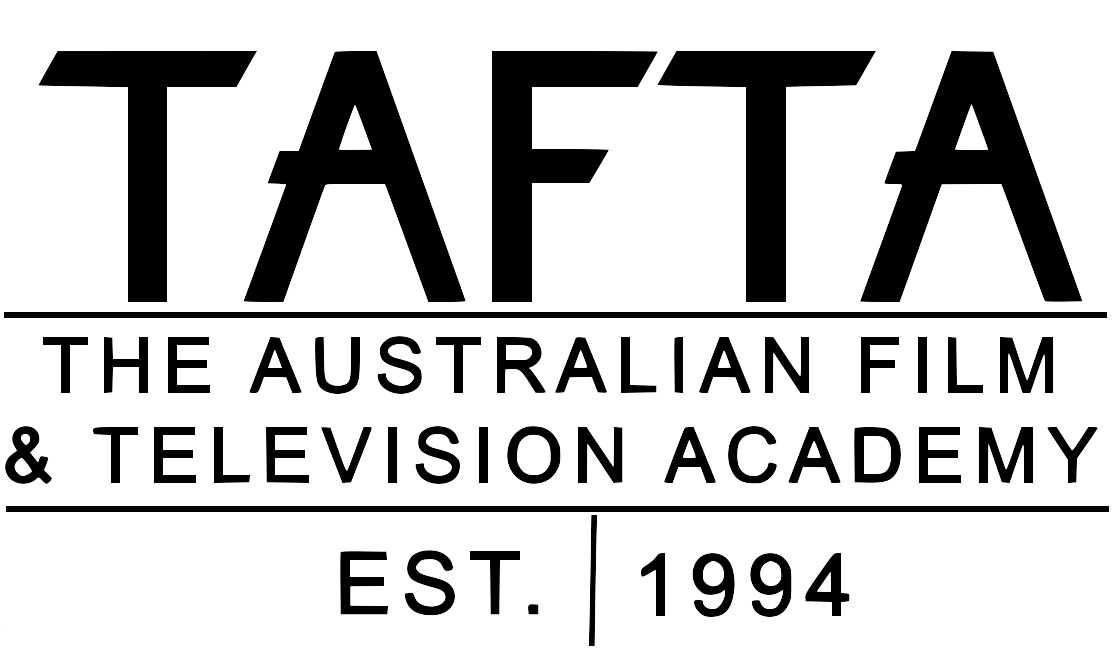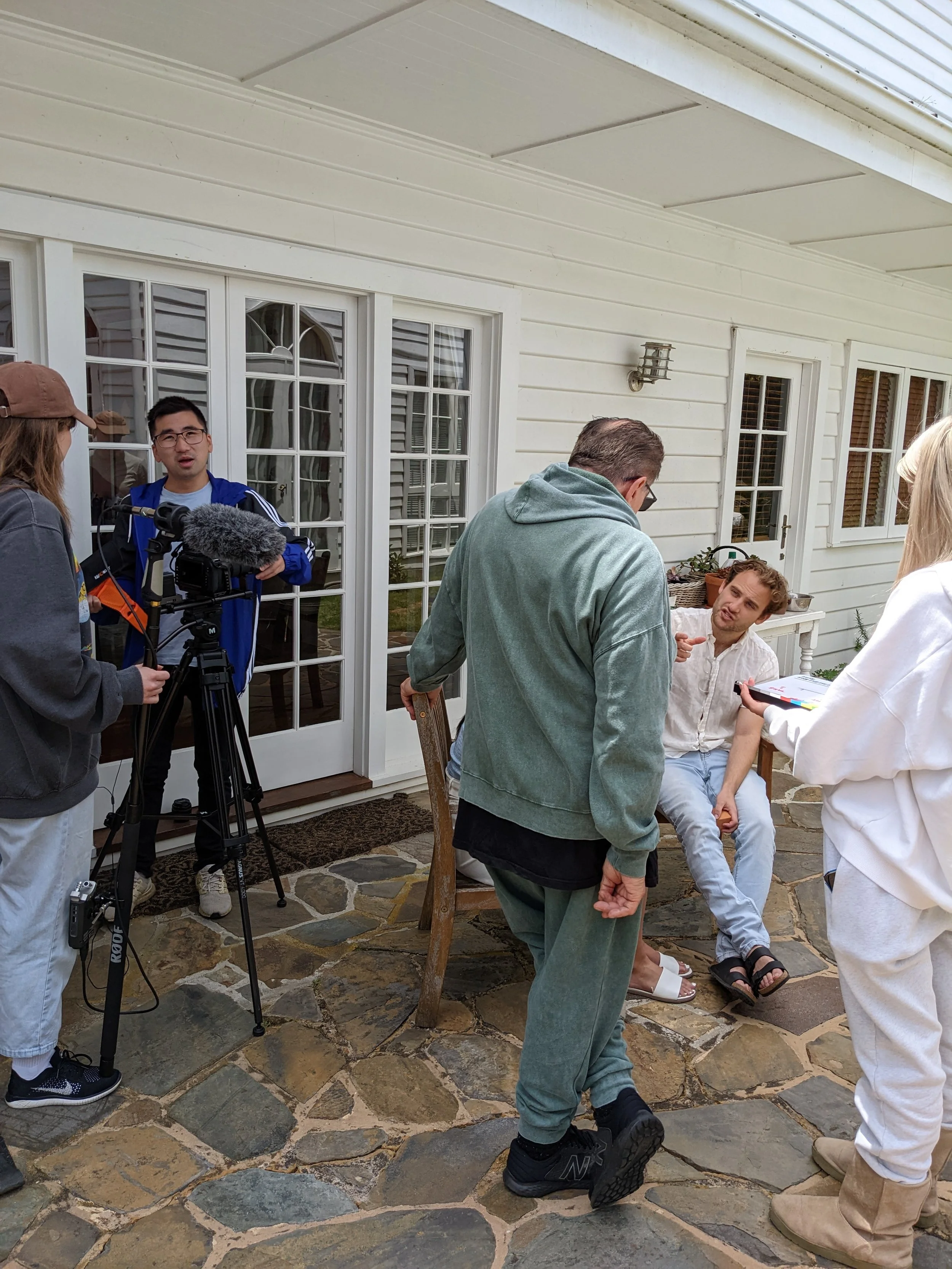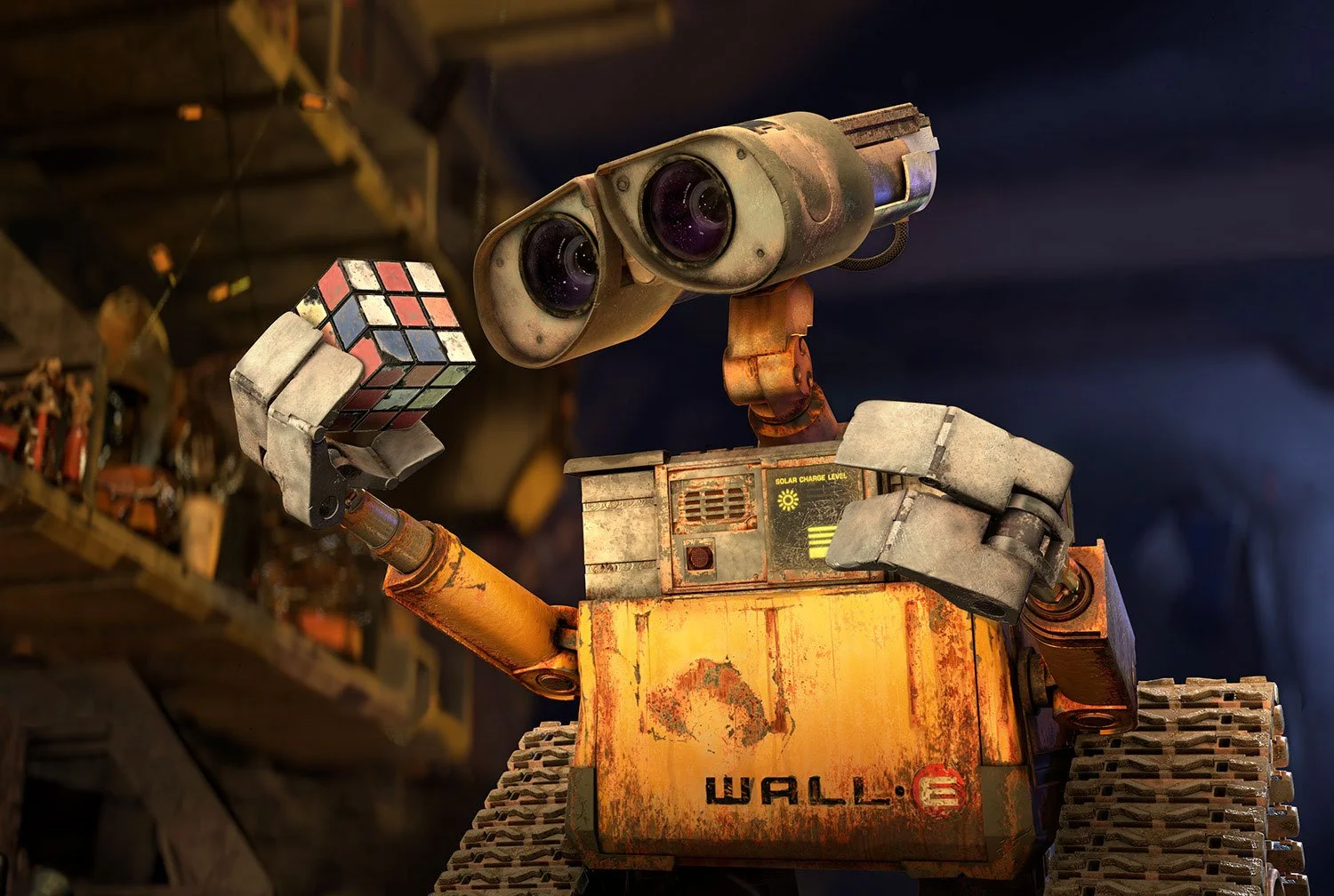James Huynh
In a very special Spotlight edition, we spoke to our Melbourne & Sydney Showreel Cinematographer James Huynh about filmmaking, creating, failing, advice for actors working on camera, and handy tips if you are ever doing a fight scene (spoiler alert: STRETCH).
1. The ripples of lockdown are still being felt. What steps did you take to keep creative during the pandemic and how did it affect you, your work and your process since the lockdowns ended?
I was very lucky to have a lot of projects to work on during lockdown, from serving an editor for a short thriller film Chained to working on pre-production for my own short film Wanderer with my co-producer Jye Hawley. The day that lockdown 2.0 was announced, my new camera, the Blackmagic Pocket Cinema Camera 6K arrived in the mail, so I just spent every day learning how to use it and doing test shots. Just having these opportunities to work on my craft during lockdown made the whole experience a lot easier.
Since the lockdowns have ended, the main effect I've noticed it having on my work is really just COVID itself – crew or cast having to pull out of a shoot just due to COVID. It's just another thing you have to keep in mind nowadays.
2. What brought you to cinematography and directing? Is there one role that you prefer?
I grew up watching a lot of movies, especially Hong Kong martial arts movies. My dad would always show me the behind the scenes documentaries on DVDs we'd rent at Blockbusters, and I from then on I was obsessed with the process of making movies. So when I finished studying, I wanted to be a writer/director of martial arts films. However, after saving up a bit of money, I bought a camera and lighting equipment and started making money as a cinematographer. I honestly like doing both roles, and I think working so long as a cinematographer has made me a better director as well, and it also allows me the chance to work on genres that I myself wouldn't write and direct. For example, I'll be the cinematographer for a romantic drama short with some really heavy themes in April and I can't wait to work on it.
At the end of the day though, the end goal is to write and direct action films so that is my preferred role. I've been lucky enough to strike up a good working relationship with Jye Hawley, an actor who used to be a trained stuntman. We've been producing action films together now for almost three years now, and it's honestly such a blast. I could honestly do it til the day I die.
John & James shooting Full Time Program Showreels in 2022
3. Is there one thing you wish all actors knew about cinematography that would make your job easier?
I've been lucky enough to shoot a lot with TAFTA, and what John teaches is very much acting for the 'screen', so to really be aware of where the camera is, how the light is hitting you and different shot sizes. You really notice it when he directs his students during showreel shoots. For example, don't go too big with your movements in a tight close up. Luckily most actors I've worked with really understand this – just be aware of the camera and where the lights are, because it helps us capture your performance in the best way possible. It's why hitting marks is so important.
Lastly, to remove ego out of the equation. As cinematographers, we make decisions with camera and lighting based around the story of what we're shooting, so it can be frustrating when we hear after that an actor is whinging that we didn't get their good side or the shot's too wide, etc. At the end of the day, we're still trying to film you in a flattering way – that's always on our mind, but we're also there to tell a story. We're not shooting a vanity post for your Instagram.
“He often said “Fail early and fail fast” and “Be wrong as fast as you can”, which basically means write your first draft of a script as quickly as possible, but I think it applies to all stages of production. Whether it be your first take as an actor, or your first rough cut as an editor, your first attempt at something is never going to be perfect, so it's about “failing” as fast as possible so you can improve on it. “
4. Who or what inspires you as a director and/or cinematographer?
One of my favourite directors is Gareth Evans, who works primarily in the martial arts genre. What really inspires me about him is the fact that he doesn't come from a martial arts background – he's just a fan of that genre, and that's pretty much what I am. A lot of action directors working today have a background in stunt coordinating and combat training, so seeing Evans make a name for himself without that is really cool. He also starting making action films at very small budgets which is what I'm trying to do right now as well with Jye. I think any fan of action and martial arts should definitely check out his films.
Also, seeing cast and crew being proud of the final product we've shot, whether it be a short film or showreel scene, is really inspiring to me. It really pushes me to bring my A-game to set as making films is really hard, and I want to make sure that at the end there's something we can all watch and be proud of.
5. What was the best piece of advice you have ever received?
It's not something I received personally, but one of my favourite pieces of advice comes from Andrew Stanton, who wrote and directed Wall-E and Finding Nemo. He often said “Fail early and fail fast” and “Be wrong as fast as you can”, which basically means write your first draft of a script as quickly as possible, but I think it applies to all stages of production. Whether it be your first take as an actor, or your first rough cut as an editor, your first attempt at something is never going to be perfect, so it's about “failing” as fast as possible so you can improve on it. You shouldn't be afraid to make mistakes or to be wrong, otherwise you're not going to learn and try new things.
It's all about getting reps in and improving over time. Water you’re meant to be jumping into, there’s just a lot you have to be conscious of, which can be tricky when you’re wanting to maintain focus in the scene. So much can go wrong when you’re at a heightened emotional level and you’re not really thinking about that kind of thing, so it was definitely a learning experience.
6. A lot of your work includes stunts and fight sequences - what are the challenges of that form of filmmaking? Is there any advice you can give actors who are performing stunts on camera?
Biggest challenge when shooting fight scenes is there's very little room for error. When shooting something like a punch, the fist needs to be perfectly placed for where the camera is shooting, and the actor being punched needs to sell the hit convincingly as well. It's very different from shooting dialogue scenes, because with those, generally most of the takes are usable. With fight scenes, there's a lot of trial and error, and we don't move on to the next shot until we get it right.
Best advice I can give you to actors performing stunts on camera is to get your head out of fighting or more into filming. On screen fighting looks so different to real life fighting – everything has to be more exaggerated depending on the lens and shot size that you're being filmed on. Best example I can give you is in real life, when you throw a hook to knock someone out, you're aiming for the chin – on camera, that actually looks like you're missing, so I tell actors to aim a bit higher up, more so towards the cheek.
Another bit of advice is to stretch before shooting, stay hydrated, and be prepared for a lot of cardio. Whenever I shoot a fight scene, my actors are always sore the day after. Constantly filming take after take of high intense movements can be exhausting, and sometimes you might get hit accidentally by the other actor, so it's definitely something to keep in mind when you're going into a shoot like that.
7. Can you tell us a little bit about your recent and upcoming work?
My co-producer Jye and I released our viking short film Wanderer at the end of last year. He also starred as the lead and we had a very successful festival run, winning a lot of awards. We're really proud of it. We've also been shooting a lot of fight scenes the last couple months, Hong Kong style – meaning we choreograph and come up with the shots on the day of the shoot.
Jye and I are also in the middle of shooting our upcoming web-series Hard Yakka, about a bounty hunter sent to capture an array of colourful characters. We're really happy with it so far, and can't wait for people to see it.



